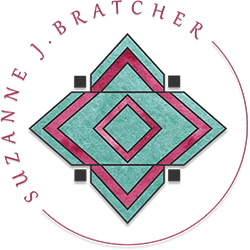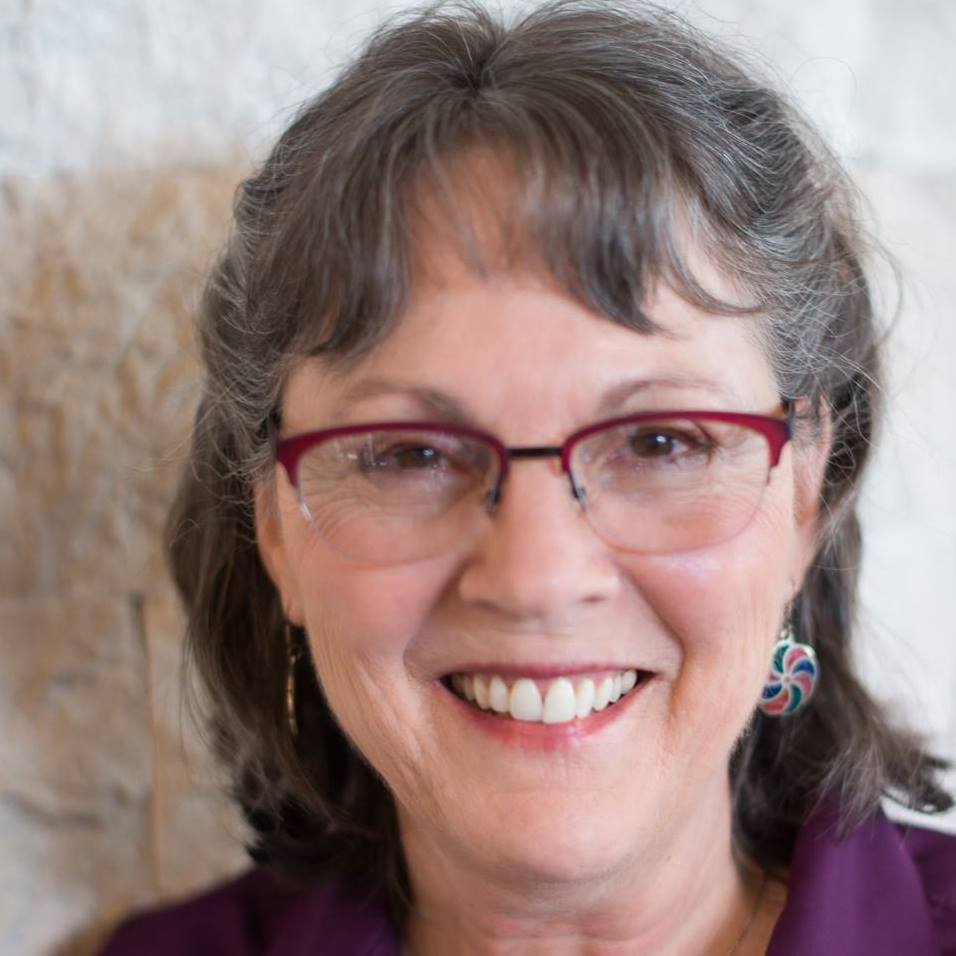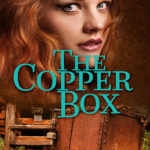 SCRIBBLING TO A FINAL DRAFT
SCRIBBLING TO A FINAL DRAFT
Well, that was embarrassing. You really got “Suzanne’s Scribbles” yesterday! In case you’re wondering what on earth I was trying to say, here’s what I meant for you to read.
WHAT IS CHRISTIAN FICTION?
Last month I had the pleasure of visiting with two book clubs that chose The Copper Box as their September book. I thoroughly enjoyed hearing comments from readers who didn’t know me except through the book. In both groups, the conversation focused on my writing process and on Jerome. I got lots of affirmation and some helpful critique. However, no one commented on the faith element in the story.
Curious, I said, “Tell me how you felt about the fact that my book is Christian fiction.” One reader exclaimed, “I didn’t think this was Christian fiction!” I looked around the group, and most of the women were nodding their agreement.
DEFINITIONS
I was a little taken aback, not quite sure why they were surprised. Surely anyone reading The Copper Box knew Paul and Marty were Christians! Or had I gone wrong somewhere? I asked, “What do you think Christian fiction is?”
The answers clustered into three categories. One definition was fiction that includes the plan of salvation and a character who doubted God becomes a believer by the end. A second was fiction based on a Bible story. A third was fiction about the end times.
When I agreed with all the definitions, one reader said, “Your book doesn’t fall into any of those categories. So what makes it Christian fiction?”
MY FICTION
After a bit of thought, I said, “My novels are about ordinary Christians facing extraordinary situations.” I’ve been writing for years. In fact, The Copper Box isn’t my first novel; it’s just the first one to get published. In reality, it’s the sixth or seventh. A few years ago when I finally felt confident enough about my writing to start looking for an agent, I kept getting rejection after rejection. The odd thing was, they were all encouraging. The responses boiled down to “You write well, but I can’t sell this book.”
Finally an agent who represents both mainstream and Christian fiction took the time to talk to me on the phone. She said, “Have you thought about writing Christian fiction?” At that point, I had the same perceptions the book club members had. I knew I wasn’t writing in those categories, so I asked her the same question, “What is Christian fiction?”
She said, “Christian fiction crosses all the categories mainstream fiction does, but it’s written from a Christian world view. It includes romance, historical, suspense and thriller, fantasy, mystery, even speculative.” At that point I was focusing on romantic suspense, so I asked her for the names of some authors I could read. She gave me quite a list that included Colleen Coble, Brandilyn Collins, Lynette Eason, Dee Henderson, Dana Mentink, and Sandra Orchard. I started reading. It was like coming home. I found stories about Christian characters having all sorts of adventures. My writing started to open up. I began to write like I think.
My life is built on my faith. I “talk” with God informally about everything that happens to me. Over the years I’ve memorized a lot of scripture, so passages often occur to me as I’m thinking. When I started writing fiction for a Christian audience, my characters began to think and talk about the spiritual dimension of the conflict they faced. In The Copper Box, Marty and Paul are both struggling with guilt from the past. The theme of the story came straight out of the Letter to the Philippians: God wants us to put the past behind and move forward into whatever God is calling us to. Both Marty and Paul had to let go of the past if they were going to be able to explore a future together.
YOUR TURN
What do you think Christian fiction is? Which Christian authors do you like?

 A passionate reader, I began writing as a young girl. After graduating from college, I became a teacher. Over the course of my career, I taught high schoolers, college undergraduates, and public school teachers how to write personal narratives, expository and persuasive essays, as well as poetry and short fiction. I continued to write: publishing professional articles, two textbooks, short stories, and poetry. In 2013, I won first place in Romantic Suspense in the ACFW Genesis Contest.
A passionate reader, I began writing as a young girl. After graduating from college, I became a teacher. Over the course of my career, I taught high schoolers, college undergraduates, and public school teachers how to write personal narratives, expository and persuasive essays, as well as poetry and short fiction. I continued to write: publishing professional articles, two textbooks, short stories, and poetry. In 2013, I won first place in Romantic Suspense in the ACFW Genesis Contest.
Leave a Reply